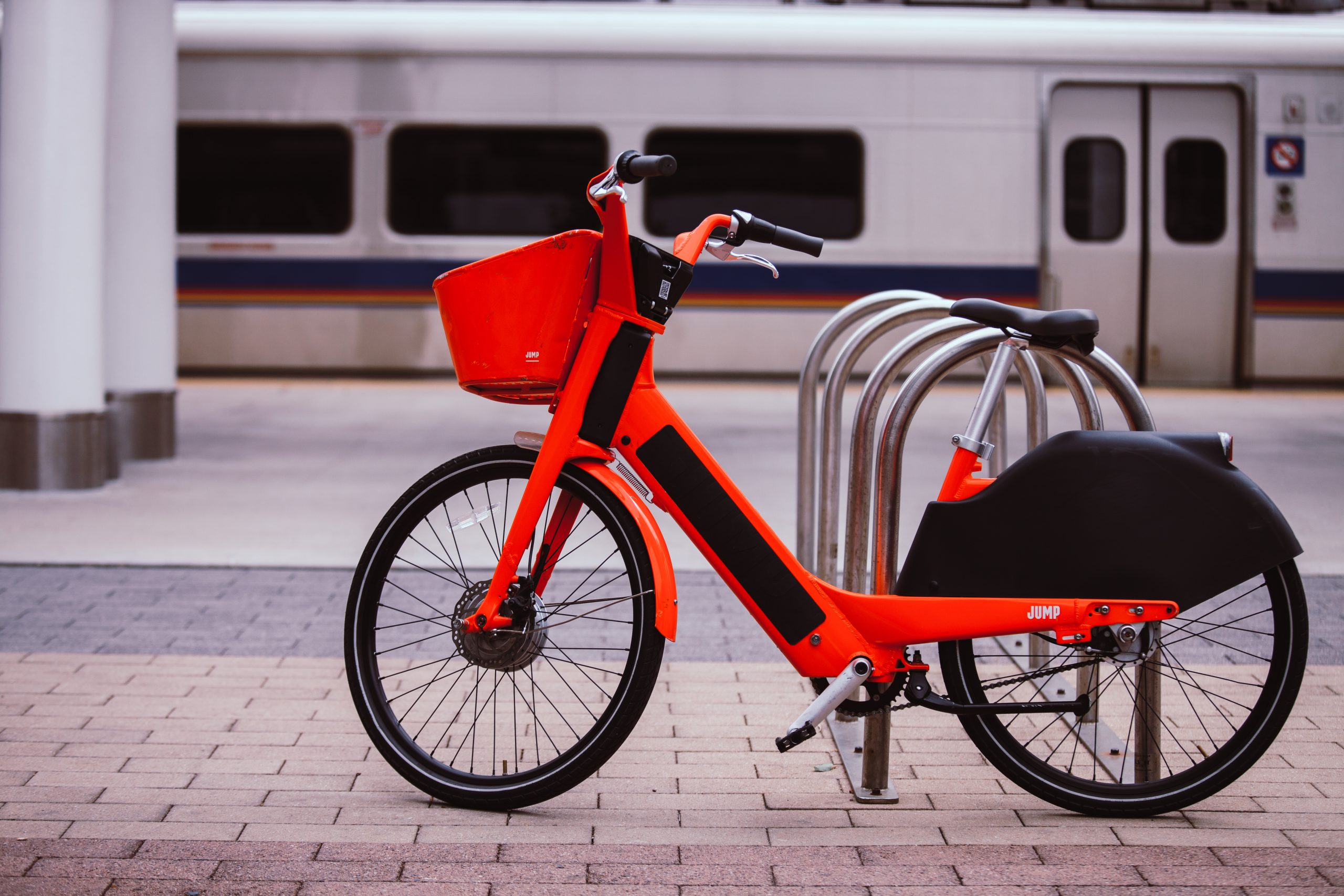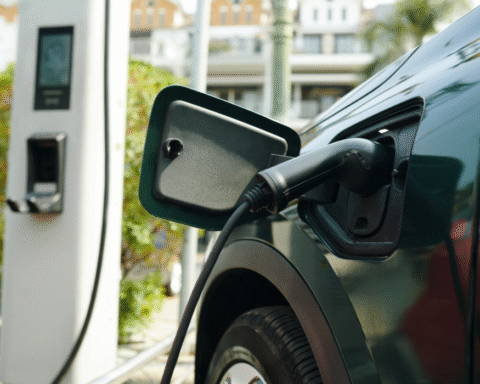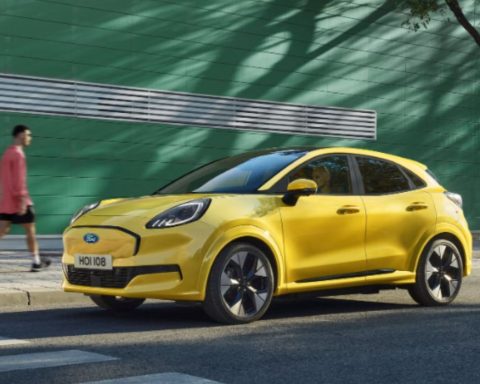If you’ve scrolled through the news recently, e-bikes might evoke images of battery fires and deadly collisions.
The e-bike boom has received its fair share of bad press as their proliferation has caused a spike in accidents and safety concerns in cities around the world. Local leaders and regulators have tried to catch up and figure out the best safety standards for the micromobility revolution.
But micromobility advocates maintain that two wheels are more sustainable than four, as e-bikes and electric mopeds are putting a larger dent in demand for petrol than electric cars. E-bikes, in particular, are starting to dominate the mobility market in certain parts of the world, leading to larger climate gains than EVs can claim.
“The electric transport revolution is a great chance to rethink how we move through our cities – and whether we even need a car at all,” write academics Muhammad Rizwan Azhar and Waqas Uzair, of Australia’s Edith Cowan University, in The Conversation. “Cars, after all, often have only one occupant. You’re expending a lot of energy to transport yourself.”
There are around 290 million electric two- and three-wheeled vehicles on the world’s roads (mostly in Asia), and the e-bike market in particular is expected to grow to almost US$120 billion by 2030 (it was valued at just over US$43 billion in 2023), according to a report by Fortune Business Insights. Chinese e-bike and scooter maker Yadea saw revenue jump 15% to more than US$7.7 billion from 2021 to 2022 alone.
Electric two- and three-wheel bikes currently make up 49% of the share of sales for all electric vehicles. And most importantly, they’ve cut oil demand by almost a million barrels a day – almost four times as much as electric passenger cars, according to BloombergNEF.
Last spring, a group of U.S. lawmakers, recognizing the potential of e-bikes, reintroduced a bill, called the Electric Bicycle Incentive Kickstart for the Environment (E-BIKE) Act, that would give Americans a tax credit worth 30% of the value (up to US$1,500) of an e-bike purchased. The bill was originally introduced in 2021.
“Cycling is the most efficient form of human transportation ever devised,” said Earl Blumenauer, a Democratic congressman who co-sponsored the e-bike bill and is a founder of the Congressional Bike Caucus (yes, that’s a thing). “By burning calories instead of fossil fuels, we can make our communities healthier and more livable.”
Not everyone is such a big fan of e-bikes. The New York City Council is considering a bill that would require e-bike riders to be registered and licensed. And several cities in China have either restricted or introduced outright bans of e-bikes (leading some young people in the city of Guangzhou to turn to electric wheelchairs instead).
But advocates of sustainable transportation point to the fact that e-bike batteries require far less critical minerals than those manufactured for electric cars. The battery for an electric Hummer requires the same amount of materials used to make 400 e-bike batteries. E-bikes also offer a more active commute, and a more affordable climate solution.







